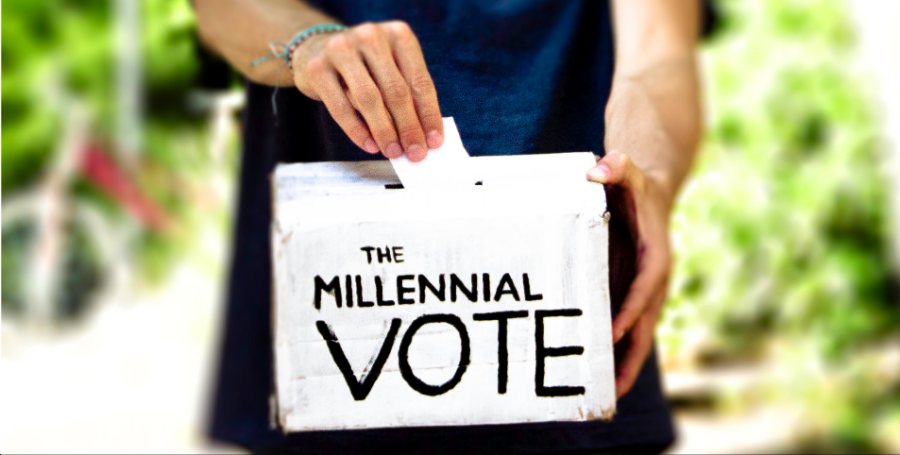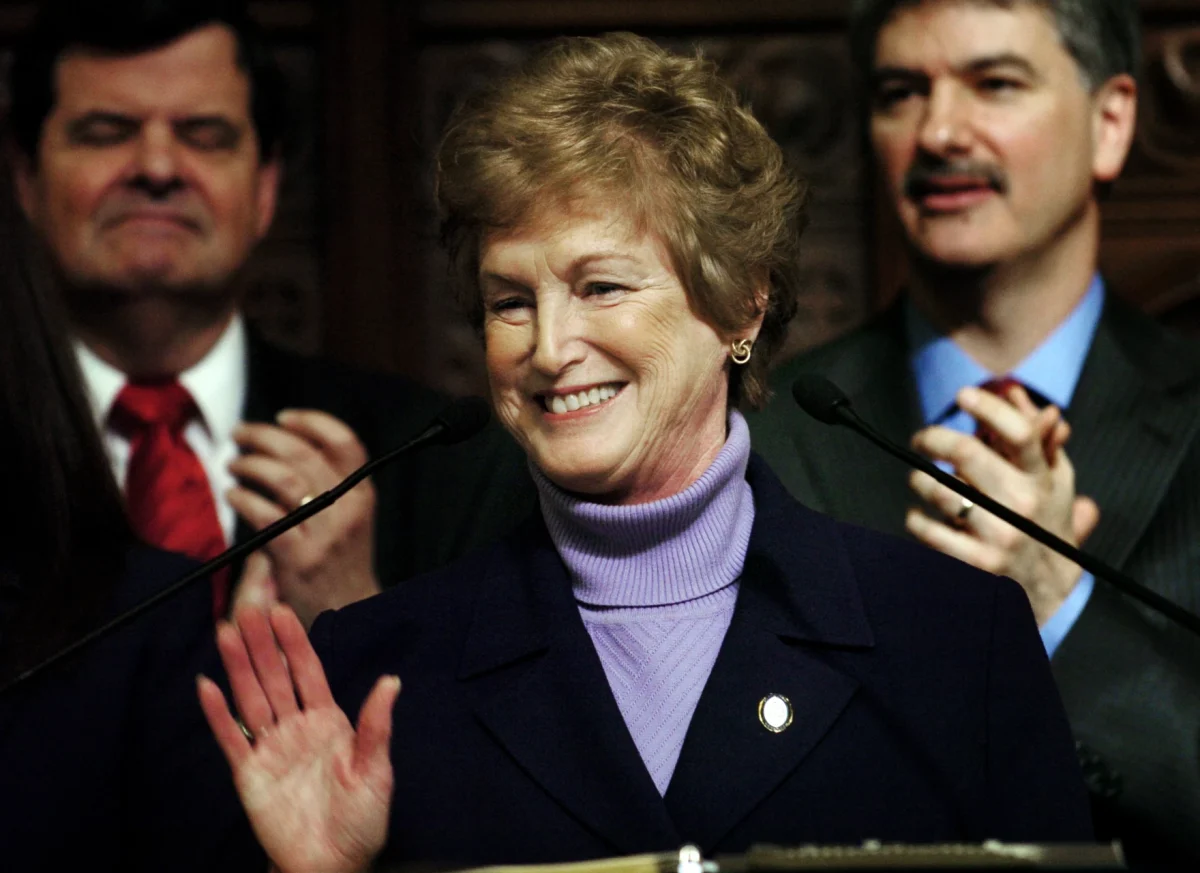Since the first presidential election, people have fought for their right to vote. Women and people of color did everything in their power to gain the ability to vote. In today’s society this privilege is not as popular among the younger generations.
With the presidential election rapidly approaching, there has been a lot of talk about the decline in motivation to vote from the Millennial generation compared to previous generations. The Millennials are such a powerful group and without their opinions in the election, the wrong person could be chosen for the job.
Voting for the president of the United States is something that everyone is encouraged to do. The winner, is going to be in charge of political decisions that could drastically change the lives of millions of people.
In 2008, only 62 percent of the country had voted, and in the following election in 2012, a mere 57 percent voted (CNN). In 2008, 24 percent of Millennials eligible to vote actually voted, compared to 51 percent of eligible voters from the older generations that voted (The Economist). In 2010, at the midterm elections, 71 percent of people ranging from the ages eighteen to twenty-nine decided not to vote. (Big Think)
With the 2016 presidential election coming up this week, there has been some concern that the decline in active eligible voters will continue to diminish. The reason for this decline is due to the lack of motivation from the newest generation of voters, the Millennials. This particular generation is like no other. They have so many ideas as to what they want to see changed in the world, however what these candidates are offering to do is not capturing the attention of many.
Political parties put these new voters in difficult positions. Although people have their views on certain topics, they are unable to choose one side that they identify with. They may believe in parts of what each of the parties stand for, but can’t agree as a whole so they are unable to pick a political party. If they can’t decide who to stand with, they decide not to vote at all.
In addition, Millennials also find it disheartening that the candidates have not tried to catch their attention with political matters they believe are important. Millennials show a large interest in what can be done to better their futures, such as decreasing college loans, and gaining rights for the people who are a part of the LGBTQ community. Candidates in recent years have not talked much about how they will better the interests of the younger generation, and it is chasing them in the opposite direction of the voting polls.
Along with the problems that the Millennials have with the candidates, social media has influenced their desire to vote. Millennials and the generations younger than them live their lives on social media. They have created their whole social lives on these applications, and they feed off the reactions that they get from their peers.
Millennials believe a lot of information that is thrown onto whatever social media that they are on. With the help of social media, they are able to follow their favorite (or least favorite) candidate and watch their every move. They wait for someone to say something they don’t like and then they are stuck with reasons why they don’t like this person, not why they do like them.
In addition to this, they are hearing their peer’s views on what their take on the election is. Every time a person logs onto a form of social media, they are able to enter themselves into what is almost like a virtual political debate. Everyone is constantly expressing their opinion and telling others why their opinions are wrong, and it suppresses the voices of the people who don’t have a strong standing point on who they want to vote for.
These undecided people are the people whose votes matter the most, especially in this election, because with such a little lead on who is winning the race, these people could sway the election in any direction come election night.
In opposition to the fact that social media is inhibiting the voting habits of Millennials, it is also encouraging some to vote. Social media is a quick and easy way to get an idea about what is going on in society. Although it is a helpful resource, it is difficult to decipher what information is actually true, and what information has been lost in translation.
A lot of people read the things on social media and they form their opinions based on what they are reading. Although this is a great way to stay connected with the world, this information is sometimes bias so these people reading it are only getting one side of an argument. This can lead to them voting for someone they know very little about, which could be more harmful than not voting at all.
Comparing Millennials to previous generations, there is a large gap in their voting habits. Whether it is social media or the candidates themselves scaring away this new generation of voters, it is crucial that they express their right to vote in order to declare the rightful candidate as president.








